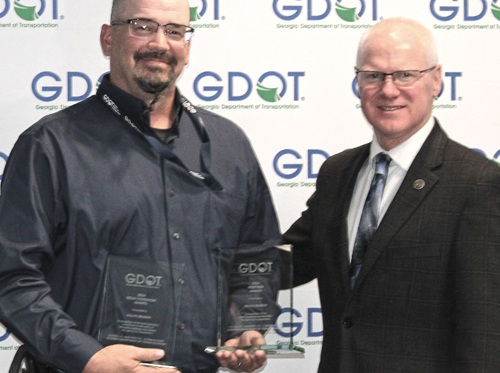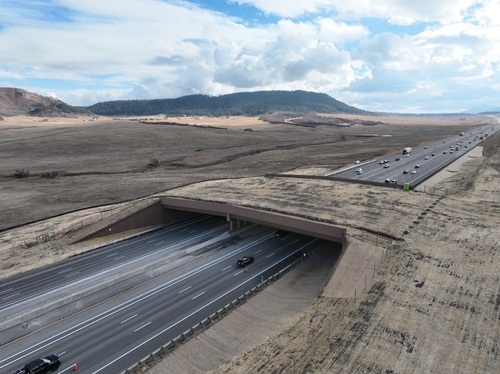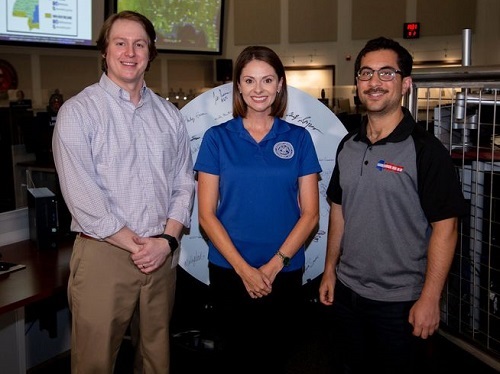The “Extra Mile” podcast produced by the Mississippi Department of Transportation recently sat down with Malary White, chief communications officer for the Mississippi Emergency Management Agency or MEMA, to discuss hurricane preparedness tactics for state residents.
[Above photo by the Mississippi DOT]
White – a former local television news journalist, who has been at MEMA since 2019 – noted that the primary job of MEMA right now during hurricane season is monitoring; keeping an eye on weather threats and national weather alerts. Her agency also conducts regular training drills with organizations such as the National Guard to fine-tune staging area tactics in case a storm hits.
“During my four years here [with MEMA] we’ve dealt with 17 federal storm designation events and over 100 crisis events in total,” she said.
“After a storm hits, there is a lot of chaos going on,” White explained. “Our big message to folks is, the first 72 hours is ‘on you’ – that means you, as a citizen, need to have 72 hours’ worth of non-perishable food and water on hand; have any special medications you are taking on hand; and be prepared for significant power outages. Why 72 hours? It is going to take the state and FEMA [the Federal Emergency Management Agency] that amount of time to get supplies gathered and delivered. We have to make sure everything is order; that you, Mississippi DOT, for example, have cleared and opened the roads so we can drive supplies in and stage them in storm-affected areas.”
She also pointed to the MEMA mobile phone application as a vital tool for state residents to prepare for hurricanes and crisis situations.
“This [app] was my baby for two years,” she stressed. “You can get it on Apple or Android devices. It is not just a weather app – it is filled with planning resources, such as a pet checklist, disability checklist if you have functional needs, your document checklist – W2s, insurance cards, mortgage statements. You can take pictures of all of that and store it on the app but locally on your phone – we, the state, don’t see that information. It is stored locally on your phone in case the paper versions of those documents are destroyed.”
To listen to this entire “Extra Mile” podcast episode, click here.
 States
States
Georgia DOT Foreman Receives Two Heroism Awards
January 2, 2026 States
States

